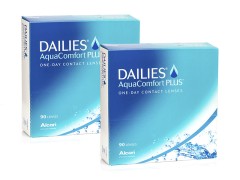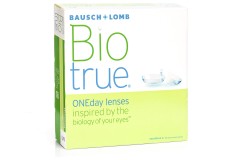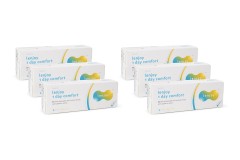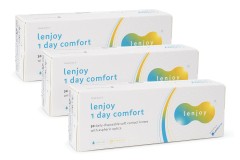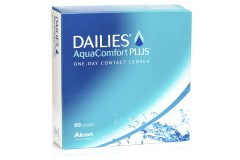7 myths about contact lenses that you may believe are true

We all know that a tree won’t grow inside your stomach, just because you’ve accidentally swallowed a cherry stone. But perhaps not everyone knows how many false myths exist in regards to the usage of contact lenses.
Who can wear them and who cannot…Are there eye diseases, or other ailments that make it impossible to wear contacts? Daniel Szarvas, the professional contactologist who collaborates with Lentiamo, is willing to demystify the most common stories we hear about the world of „contact lenses“
1. Can contacts be worn only by those who need to correct a small amount of dioptres?

Simple disinformation is vastly responsible for many people never trying the advantages of wearing contact lenses, which is a real pity.
Contact lenses could be worn by 90% of the people who suffer from poor vision.
It can be said that almost all of the recognised visual pathologies have been countered by corresponding types of contact lenses. The most common visual defects that can be corrected are: myopia/ short-sightedness, hypermetropia / long-sightedness, presbyopia, and astigmatism
When we mention dioptres, contact lenses cover a vast range, therefore even an extreme correction of 18 dioptres would be possible.
2. Is it possible to use tap water to clean contact lenses?

Some people believe that contact lens solutions are a fraud organized by pharmaceutical companies, to make them spend more money. This is totally wrong.
Instructions to avoid using tap water to rinse lenses and lens-cases should be printed on the leaflet by law, says Daniel Szarvas.
Why? Because “tap water contains a multitude of microorganisms”. Some of which are innocuous, whilst others could become a serious health hazard for the eyes. The most dangerous for our eyes are amoebas that thrive in water heaters and boilers. Once they reach the lens or the case, they may be responsible for infections and, in the more extreme cases, even lead to blindness.
Tap water also contains unspecified quantities of minerals and chloride, which might not damage the eyes directly, but impair the lenses anyway. Therefore, when purchasing lenses, don’t forget to also get a good quality multi-purpose solution.
3. Can people who suffer from diabetes wear contact lenses?

This is an old story that has been around in medical circles for a long time, although thanks to a research begun in 2013 things are slowly starting to change.
the study has demonstrated that contact lenses are not dangerous for the diabetic subject who is following the correct therapy. However, beware: “following the correct therapy”, according to this research, is the crucial point.
Diabetic patients are bound to have problems with the eyes and, if they don’t follow the right diet, the sugar levels will have sudden highs and lows which will make the blood vessels contract and expand. Therefore the eye will suffer from fluctuating dioptres – sometime quite extremely – and it can be far too demanding for the eyesight.
4. Is it obligatory to wear glasses while driving?

This depends on the laws of the Country where you are driving a vehicle and what is stated on your driving licence. However, since laws and street code change, from time to time, it is advisable to consult the UK Government web page related to the issue:
5. Is it possible to wear contact lenses while sleeping?

If you wear lenses that are supposed to be used for an extended period, you can keep them in during your sleep.
Thanks to the specific materials with which they are made, it is not necessary to take them out every time you go to sleep. Silicone-hydrogel has excellent oxygen permeability, which means that even the most sensitive eyes can breathe naturally, with this type of lenses”, says Daniel Szvarvas. However it is necessary to remove them a couple of times a week (depending on the type), in order to wash them thoroughly with a solution and then re-apply them.
And what if the lenses are not for continuous wear? Here we explain what might happen if you fall asleep while wearing contacts
6. The higher the water content, the better the lenses?
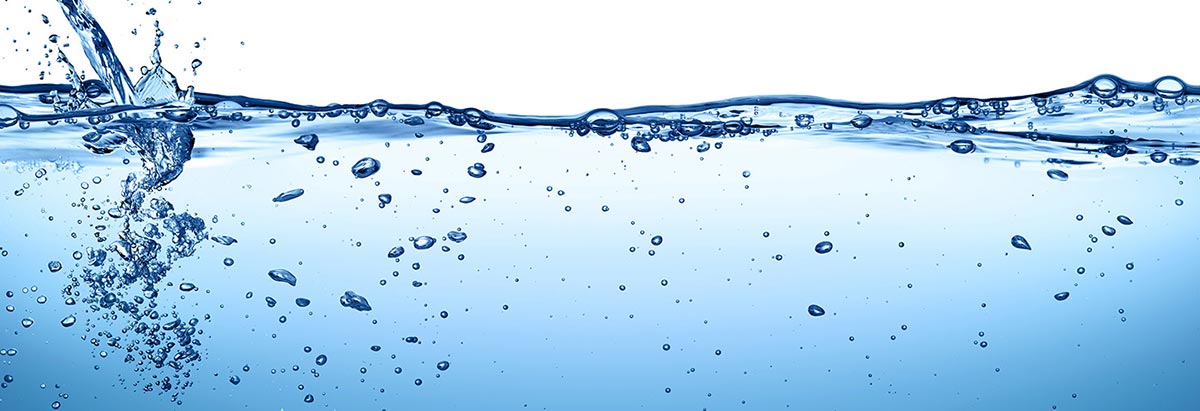
When contact lenses are well lubricated, they seem to be easier to apply and more comfortable to wear.
Dehydrated eyes itch and burn, which makes wearing contact lenses unbearable. That’s why many customers favour contacts with a high percentage of water.
However, beware: the higher the water content, the less permeability to oxygen. Eyes need to breathe: oxygen has to go through the lens, to reach the cornea.
Because of this it’s always paramount to discuss permeability and hydrophilicity with a specialist who might suggest the right lenses to wear.
7. Do Computer/TV screens damage eyesight?

Screens of any sort, be they TV, Computer or Smartphone, do not have any negative impact on the eyes, as far as dioptres are concerned. However, it is advisable to take special care
For example, those who spend more than five hours a day in front of a Computer screen should consider the choice of using a wetting solution, to prevent the dehydration of the eyes, thus avoiding the burning, itchy sensation.
The main reason is that when we look at a screen we tend to blink less, which means the eyes get less hydrated.
Dear Lentiamers, we hope to have finally answered some of those long-time questions that have been bugging you for too long…but now we have a question for you: Are you aware of any other false myth, regarding contact lenses?



